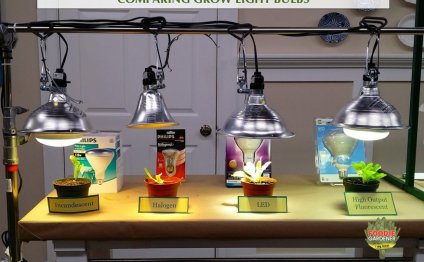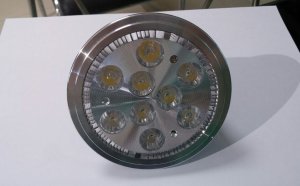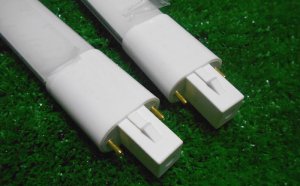
Indoor light bulbs
Initially, full-spectrum light is not the same as the light given off by grow lights useful for plants. I prefer full-spectrum light to other forms of artificial light because i love just how it appears to be, but while exploring your concern, I found that "full-spectrum" is a marketing term, perhaps not a technical one.
Full-spectrum lights are supposed to offer light that resembles all-natural daylight, which manufacturers claim, clearly or implicitly, is healthiest than ordinary synthetic light. These products can cost repeatedly as much as people with identical lighting effects but are maybe not defined as full-spectrum.
In accordance with investigators during the Lighting analysis Center (LRC) at Rensselaer Polytechnic Institute, full-spectrum light don't impact health with techniques different from other electric light sources. They observe that studies have shown that while our sleep/wake period is strongly managed by the solar light/dark period, "other activities including emotional awareness, state of mind, and perhaps perhaps the effectiveness for the immunity proceed through regular daily habits" which exposure to light is the most important ecological stimulation for managing these circadian rounds and synchronizing them towards the solar time. The LPC experts said that brief wavelength (blue) light may be the type that's specially efficient in influencing our physiology.
This means to increase effectiveness in influencing the circadian system, the LPC scientists said that a source of light should not mimic a complete spectrum, but alternatively should maximize only brief wavelengths, which are in the blue end regarding the noticeable range. Although a full-spectrum source of light includes quick wavelength light, "it wont necessarily guarantee appropriate circadian regulation because, additionally, the appropriate intensity, time, and length of time for the light exposure are incredibly important . . ."
Full-spectrum lights may offer some mental advantages, according to the LPC experts, but no biophysical description for good effect is discovered.
Since no unfavorable wellness effects have been associated with interior lighting, I wouldn't bother about your fluorescent fixtures. You will do even more good for your health through an effort to get some direct sunlight as often as possible (given climatic circumstances in your town), not just to optimize the body's creation of vitamin D, but also to boost your mood and normalize your sleep/wake cycle. (Its also wise to make sure you sleep-in full darkness.)
RELATED VIDEO



Share this Post
Related posts
LED PAR light bulbs
As a result of the insufficient sufficient responses, I made a decision to research the differences myself and provide a…
Read More2 Pin LED light bulbs
Do i wish to operate my brand-new LED lamps on a ballast or on straight line voltage? Just what voltage do We have visiting…
Read More










